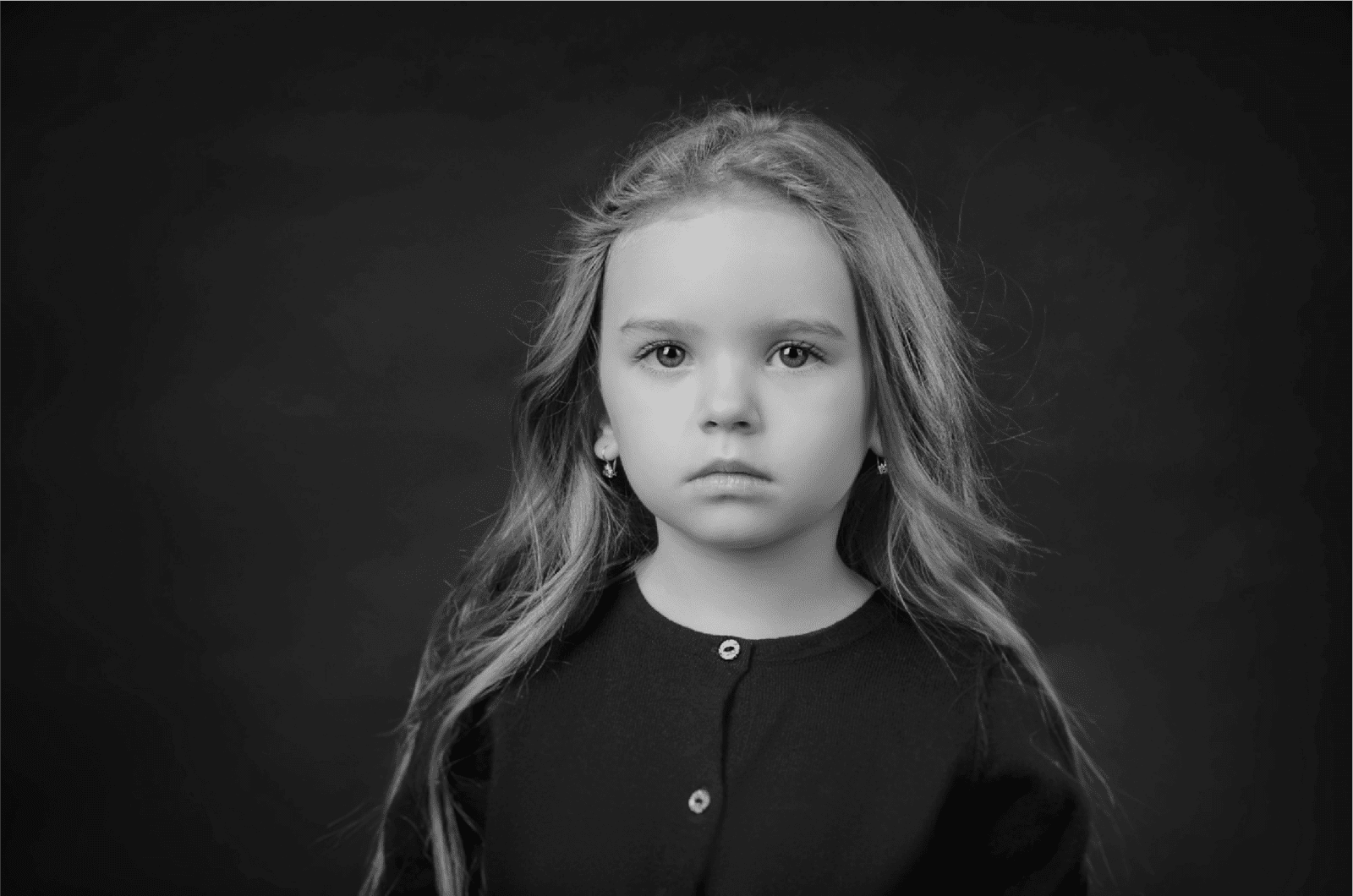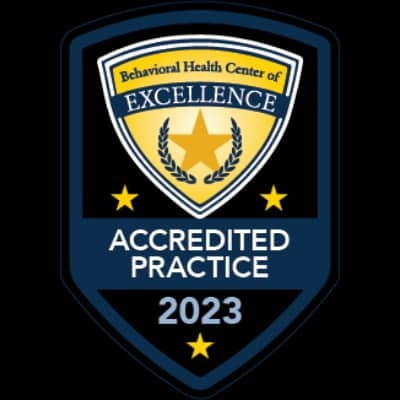
By: Cristina Martínez
M.B.A, M.S, BCBA, LBA
Coauthor: Ariadna Martin,
MS
Reporting
Child Abuse
ABA professionals are, by law, mandatory reporters of child abuse cases. The protection of children is a duty of every person. There are issues, such as this one, on which almost everyone seems to agree. But, sometimes what seems obvious when it comes to morals and ethics has a dangerous side, which in this case, means some elements may be ignored due to the sensitivity of the subject, as human psychology leads us to try to overlook or provide alternative explanations to indications that something unimaginable could be happening behind closed doors. And, although our team receives training on the importance of assuming an active position of identifying and reporting signs that indicate that a child is being abused or neglected, we understand that a review of only some of the consequences of this topic may not cover all indications that may present or effects maltreatment may have on the life of a child, which strongly defends why mandated reporters are trained to report even suspicions of harm.
In addition to the immediate physical or psychological injuries that children may suffer as victims of maltreatment, the long-term impacts of these experiences are often devastating and long-lasting, even over generations.
Several authors have observed a correlation between child abuse and the risk for victims to suffer in adulthood diseases such as diabetes, malnutrition, ophthalmologic problems, chronic obstructive pulmonary disease, and cancer, to name a few. On the other hand, it has also been associated with disorders in the formation, function, or proper growth of certain brain regions such as the amygdala (involved in the processing of emotions), the hippocampus (fundamental for learning and memory), the orbitofrontal cortex (responsible for decision making), the cerebellum (which helps in motor development and executive functioning), and the corpus callosum (responsible for communication between the hemispheres and the development of cognitive skills such as memory and self-control).
Experiencing abuse during childhood constitutes a risk factor for developing depression, anxiety, and other psychiatric disorders during adulthood. Suicidal attempts have, according to studies, a direct correlation with living through abusive experiences, while responses to therapies are less satisfactory for those cases (especially if the adverse experience occurred during the first 7 years of life).
The likelihood of developing antisocial traits, which are later associated with criminal behavior and difficulties in establishing positive social relationships, are other traces that have unfortunately been identified in victims. Post-traumatic stress disorders, the presence of toxic stress, the risk of drug use, the development of unhealthy sexual practices, and even the perpetuation of abuse are frequent sequelae for abused cases.
The personal and social costs of the experiences of maltreatment are worrisome, so the responsibility for its avoidance should belong to EVERYONE. Fortunately, scientific evidence indicates that the chances of recovery of the brain and child psychology are high, especially when interventions are early. As health professionals and as citizens of our communities, we must defend the happiness of our children at all costs. That is why reporting is a legal duty and, above all, a human duty.
*This blog post discusses some of the signs and symptoms that may indicate that a child is being abused; however, it does not cover all of them. Keep in mind that caregivers or parents may also show signs of neglect or abusive behavior. It is recommended to consult the referenced bibliography for more details on this sensitive topic.
Bibliography:
• Child Welfare Information Gateway (2007). Recognizing Child Abuse and Neglect: Signs and Symptoms.https://www.childwelfare.gov/pubPDFs/sp_signs.pdf (Spanish version) Signs and Symptoms.https://www.childwelfare.gov/pubPDFs/sp_signs.pdf (Spanish version) https://www.childwelfare.gov/pubPDFs/signs.pdf,https://www.childwelfare.gov/pubPDFs/sp_signs.pdf (Spanish version)
• Arizona Department of Child Safety (n.d.). Mandated Reporter Overview Training.
https://dcs.az.gov/report-child-abuse/mandated-reporter-overview-training



